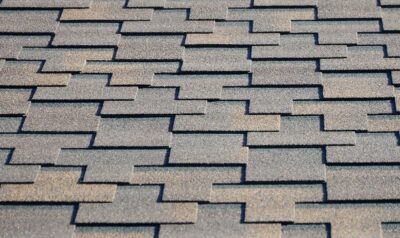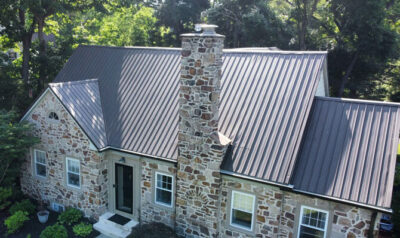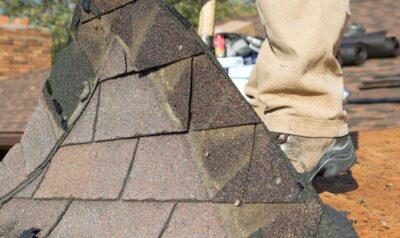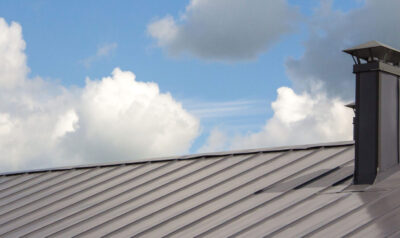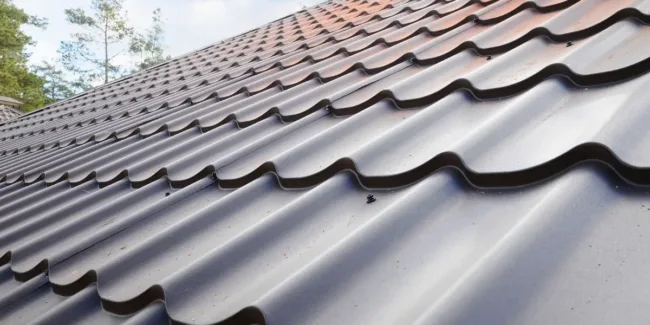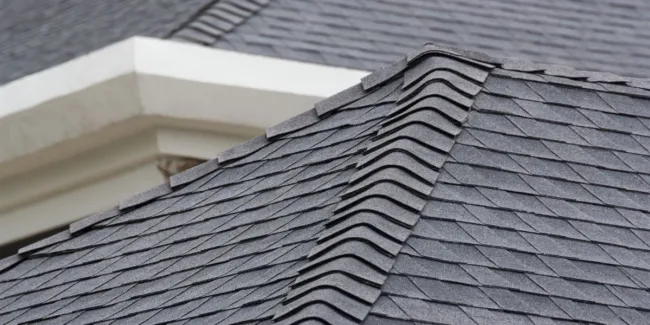How Long Does a Roof Last in Virginia?
A roof is one of the most critical investments for any home. In Virginia, where weather conditions range from hot, humid summers to cold, snowy winters, knowing how long your roof is likely to last—and how to extend its lifespan—can save you significant time, stress, and money. Here’s a comprehensive 2025 guide to understanding how long a roof typically lasts in Virginia, based on roofing materials, climate factors, and maintenance practices.
Lifespan by Roofing Material
| Roofing Material | Lifespan (Years) |
| Asphalt Shingles | 15–30 |
| Metal Roofing | 40–70 |
| Wood Shingles/Shakes | 20–40 |
| Slate and Tile Roofs | 50–100+ |
Asphalt Shingles: 15 to 30 Years
Asphalt shingles are the most common roofing material in Virginia, offering a lifespan that typically ranges between 15 and 30 years. The durability of these shingles largely depends on the type chosen: architectural shingles, known for their thicker, more robust structure, generally last between 25 to 30 years, while 3-tab shingles have a shorter lifespan of 15 to 20 years.
Regular maintenance, including thorough inspections, cleaning, and prompt repairs, can extend the life of these shingles by up to five additional years.
However, Virginia’s climate, characterized by intense sun and high humidity, can accelerate wear and reduce lifespan if proper upkeep is not consistently performed.
Metal Roofing: 40 to 70 Years
Metal roofing is a durable and increasingly popular choice in Virginia, offering a lifespan that ranges from 40 to 70 years—significantly longer than asphalt shingles. Its impressive longevity can be attributed to several key factors.
Metal roofing naturally resists corrosion, making it ideal for Virginia’s humid climate, as it is less prone to mold and rot. Additionally, metal roofs provide superior protection against wind and hail, which are common during Virginia’s frequent storms, giving them a distinct advantage over asphalt.
Although metal roofs are low maintenance, regular inspections and occasional cleaning remain important to maximize their lifespan and performance.
Wood Shingles and Shakes: 20 to 40 Years
Wood shingles and shakes offer a natural, classic look that appeals to many homeowners in Virginia, and their lifespan typically ranges from 20 to 40 years. This longevity is largely influenced by moisture management, as high humidity can lead to mold, rot, and premature failure if the wood is not properly maintained.
Regular treatments to repel water and pests play a crucial role in extending the lifespan of these wooden roofing materials. Additionally, homes located along Virginia’s coast may experience a shorter lifespan for wood shingles and shakes due to the damaging effects of salty air and persistent moisture.
Slate and Tile Roofs: 50 to 100+ Years
Premium roofing materials such as slate and clay tiles boast impressive lifespans, often lasting 50 to over 100 years, making them an ideal choice for historic homes or homeowners seeking exceptional long-term durability.
Several key factors influence their longevity. High-quality slate or tile can exceed a century of service if properly cared for, providing unmatched resilience and classic appeal. However, these materials require expert installation to prevent cracks and leaks that could undermine their performance.
Furthermore, due to their significant weight, slate and clay tile roofs demand reinforced structural support to safely bear the load and maintain their integrity over the decades.
Factors Affecting Roof Longevity in Virginia
Climate Challenges
Virginia’s weather patterns are diverse and can be harsh on roofing materials, especially in coastal locations like Virginia Beach. Key considerations:
- UV Exposure: Prolonged sun exposure can degrade asphalt shingles faster.
- Humidity: Moisture can accelerate mold and mildew growth on wood and asphalt roofs.
- Snow and Ice: Heavy snow and ice buildup can stress roof structures, especially on flat or low-slope roofs.
- Wind and Storms: High winds and flying debris can loosen shingles and damage flashing.
Storm Damage
Severe weather, including hail and high winds, is a primary factor in roof aging. After any major storm, it’s crucial to inspect your roof for:
- Shingle Damage: Cracked, curled, or missing shingles.
- Leaks or Water Stains: Indicators of potential water intrusion.
- Flashing Issues: Damaged flashing can lead to leaks around chimneys and vents.
Maintenance Practices
The best way to maximize your roof’s lifespan is through proactive maintenance. Tips include:
- Annual Inspections: Have your roof inspected at least once a year by a professional.
- Gutter Cleaning: Clogged gutters can cause water backup and premature roof deterioration.
- Timely Repairs: Address small issues before they become major problems.
Installation Quality
Even the best materials will fail prematurely if not installed correctly. Key installation considerations:
- Proper Ventilation: Good airflow prevents moisture buildup and mold growth.
- Underlayment Quality: A well-installed underlayment adds a crucial layer of protection.
- Certified Contractors: Hiring experienced, licensed roofers is essential to achieving the expected lifespan.
Additional Considerations
Roof Pitch
Steeper roofs shed water and debris more effectively, reducing wear and tear. Low-slope or flat roofs are more prone to pooling water and typically have shorter lifespans.
Local Environment
Virginia’s coastal areas face additional challenges from salty air and high humidity. Inland areas may see more temperature fluctuations, which can stress roofing materials.
Conclusion: Maximizing Your Roof’s Life
In summary, the lifespan of a roof in Virginia ranges from 15 years for basic asphalt shingles to 100+ years for premium slate or tile roofs. Key takeaways:
- Asphalt Shingles: 15–30 years
- Metal Roofing: 40–70 years
- Wood Shingles/Shakes: 20–40 years
- Slate and Tile Roofs: 50–100+ years
Regular inspections, proper maintenance, and prompt repairs are vital for extending your roof’s life. Investing in high-quality materials and professional installation ensures your roof will stand the test of time, protecting your home and maximizing its value.
Ready to assess your roof’s condition or explore long-lasting replacement options? Contact Home Genius Exteriors today for a free inspection and expert guidance.
